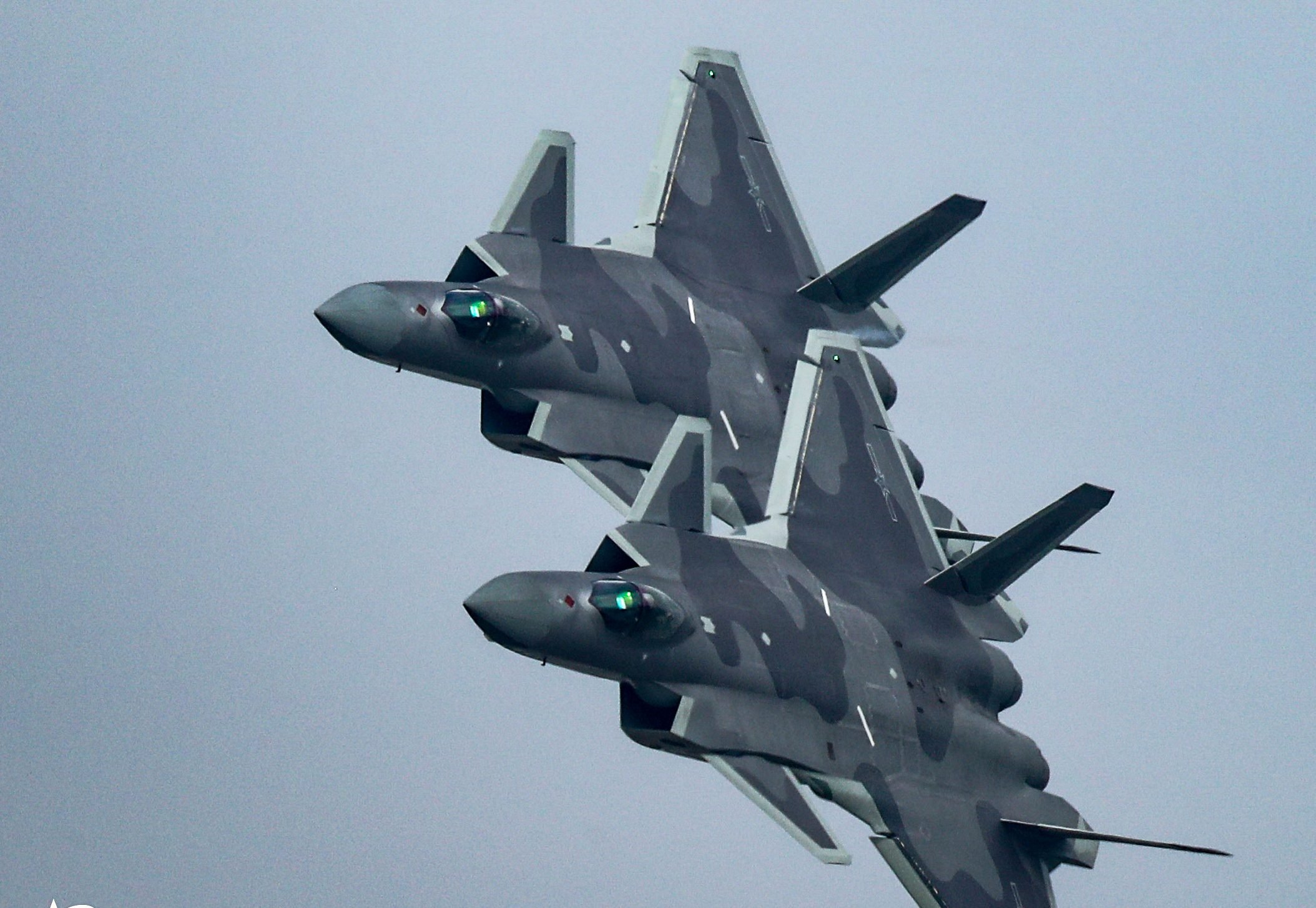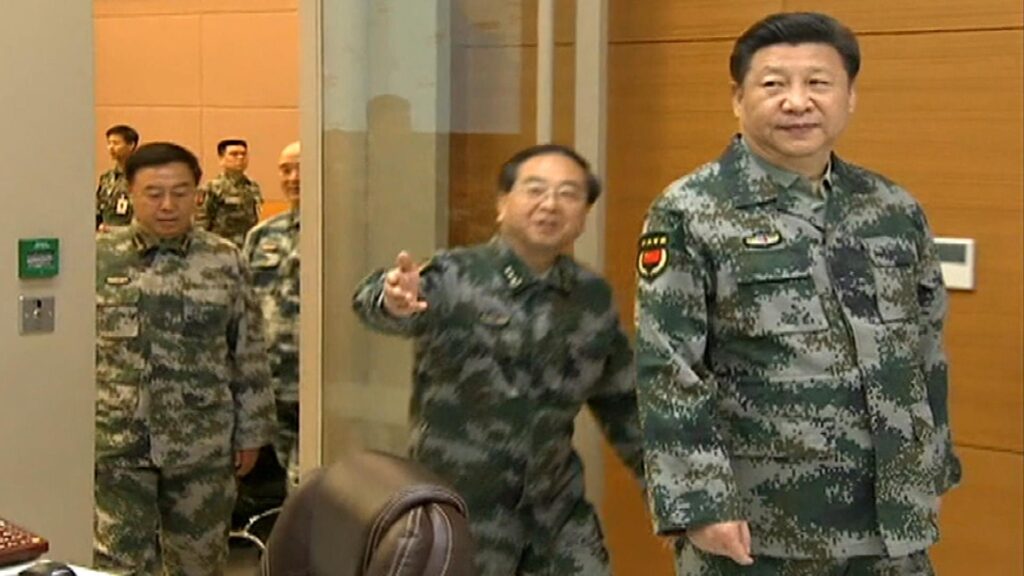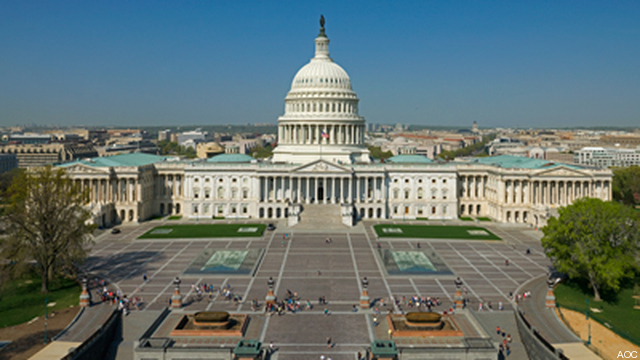ΣΧΟΛΙΟ ΙΣΤΟΛΟΓΙΟΥ : O αρθογράφος που έγραψε το κείμενο είναι Έλληνας ο κύριος Ευθυμιάδης Νικόλαος. Αλλά κύριε Ευθυμιάδη δεν τα λέτε όλα.!!. Ας πούμε κάποια πράγματα....Μετά τον Β΄Π.Π. ιδρύθηκε από τους σκληροπυρηνικούς
Σκωτικού τύπου τέκτονες της δύσεως ένας ισχυρός εμπορικός δεσμός,
ανάμεσα στις μεγάλες εταιρείες που βρίσκονται στις 2 πλευρές του
Ατλαντικού, αυτός ο πανίσχυρος δεσμός – Λέσχη, ιδρύθηκε σε κάποιο
ξενοδοχείο της Ολλανδίας ονόματι Bilderberg. Από το όνομα του
ξενοδοχείου ο εμπορικός δεσμός των τεκτόνων Σκωτικού τύπου, πήρε το
όνομα Club bilderberg. Αργότερα με πρωτοβουλία του Χάζαρου στην καταγωγή
Z. Brzezinski ιδρύθηκε κάτι ανάλογο, που εμπεριείχε και την Ιαπωνία,
έτσι τα βασικά εμπορικά μέρη γινόντουσαν 3 τον αριθμό και για αυτό αυτός
ο εμπορικός δεσμός ονομάστηκε Trilateral Commission. Βεβαίως τόσο το
Club, όσο και η Commission γεννήθηκαν μετά από ένα καταστρεπτικό Β.Π.Π.
όπου ηγέτιδα δύναμη αναδείχθηκαν οι Η.Π.Α. Αυτό που θέλω να γράψω είναι
ότι με το πέρασμα των ετών, οι χάζαροι τραπεζίτες, άπληστοι όπως
είναι, πρόδωσαν τους παλαιούς εμπορικούς δεσμούς που είχαν οι Η.Π.Α.
μέσω Club bilderberg και Trilateral Commission… και πήγαν στην Κίνα
μεριά! Με αποτέλεσμα η Κίνα να εποφθαλμιά την παγκόσμια εμπορική
ηγεμονία των Η.Π.Α. και κατά επέκταση στο Club bilderberg και Trilateral
Commission! Και όπως δήλωσε πρόσφατα ο Κινέζος μεγαλοεπιχειρηματίας
Τζακ Μα (δεύτερος ποιο πλούσιος στην Κίνα), «Όλοι ανησυχούν για τους εμπορικούς πολέμους. Όταν σταματά το εμπόριο αρχίζει ο πόλεμος».
Σε όλο αυτό το παιχνίδι, κερδισμένος βγαίνει η Κίνα, που α) παίρνει πολεμική τεχνολογία από ένα εθνικό πόλο όπως η Ρωσία, λόγο έχθρας με Η.Π.Α. β) Ενώ ταυτόχρονα λαμβάνει πολιτική τεχνολογία και εμπορική ισχύ, από τους διεθνιστές Χάζαρους υπέρ τραπεζίτες.
Nick Eftimiades, a retired senior intelligence officer and now a lecturer at Penn State Harrisburg, offers a detailed prescription below for how to blunt Chinese economic and cyber espionage. No-fly lists, worldwide travel limits, restrictions on universities against sharing data or working with suspected/known thieves, and more rigorous US Customs screening in China might help slow the greatest transfer of wealth in modern human history. Read on! The Editor

Σε όλο αυτό το παιχνίδι, κερδισμένος βγαίνει η Κίνα, που α) παίρνει πολεμική τεχνολογία από ένα εθνικό πόλο όπως η Ρωσία, λόγο έχθρας με Η.Π.Α. β) Ενώ ταυτόχρονα λαμβάνει πολιτική τεχνολογία και εμπορική ισχύ, από τους διεθνιστές Χάζαρους υπέρ τραπεζίτες.
Nick Eftimiades, a retired senior intelligence officer and now a lecturer at Penn State Harrisburg, offers a detailed prescription below for how to blunt Chinese economic and cyber espionage. No-fly lists, worldwide travel limits, restrictions on universities against sharing data or working with suspected/known thieves, and more rigorous US Customs screening in China might help slow the greatest transfer of wealth in modern human history. Read on! The Editor
I combed through more than 400 cases of
Chinese espionage and detailed the outlines of the People’s Republic of
China’s national effort to collect foreign technology using state and
Communist Party entities, state-owned enterprises, select universities,
private companies and individuals. The result for the United States: the loss of millions of US jobs, degradation of American industry, the rise of Beijing’s global political and economic clout, and a significant increase in China’s high tech military capabilities.

Nick Eftimiades
One has to note Beijing’s creativity and management in combining all the elements of ‘societal power,’ including manipulating financial
markets, economic incentives, industrial policy, political and economic
coercion, foreign policy, threat of military force, and technological
strength to create the world’s first “digital authoritarian state.” It is unfortunate that the West has largely been the source of this growing strength.
China is not the only country to engage in such practices. Russia, Iran and even some U.S. allies engage in systematic, government-sponsored economic espionage (trade secrets, intellectual property theft) and technology theft. It
would seem many governments and people are quite willing to violate
U.S. laws in the quest to possess or sell U.S. trade secrets and
technology. Violating a country’s laws is nothing new in the murky world of espionage. Every
time an intelligence service conducts espionage in another country, it
violates that country’s laws, and that includes US intelligence
overseas. The difference is
that the U.S. and many allies do not participate in economic espionage
and technology theft with the intent of transferring wealth. In Russia and Iran that practice is common, In China, it has become a national sport.
So Whose Fault Is It Anyway?
Shakespeare wrote “The fault, dear Brutus, is not in the stars, but within ourselves.” He was right. The current free-for-all of economic espionage, technology theft, and transfer of U.S. wealth is the fault of the US government. For
decades, insiders (myself included) have highlighted the strategic
shift in growth and importance of commercial technology and the impact
on the economy. The lesson
one learns in government is that innovative and strategic thinking
usually gets in the way of short-term mission accomplishment. No
one knew this strategic shift better than former Defense Secretary Ash
Carter: “When I first got into this business everything of consequence
that was made was in the US and the really important stuff was made by
the Department of Defense. Now everything is made commercially and
globally.”
The concerns of a handful of strategic
thinkers were largely ignored while the US intelligence, law enforcement
and defense bureaucracies circled the wagons around their precious
secrets, totally ignoring the strategic shift in the importance of
commercial technology and economic trade secrets.
Congress and
successive presidents also share responsibility for the current
situation, which has led to serious degradation in America’s global
position and security. The question US policy makers must now ask is not how we got into this mess, but how we get out of it.
Deterrence Measures
Two forms of economic espionage must be
addressed: those acts that physically occur within US borders, and those
which are conducted from abroad through cyber means. Cyber espionage has come into vogue
for two reasons. First, cyber espionage actors enjoy a measure of
anonymity, and second, there are often few consequences if they are
caught conducting cyber espionage for those operating outside the US.
Deterring such behavior is a key
objective that might be achievable by a policy targeted at domestic
institutions and against cyber criminals abroad. In current doctrine, strategists often claim deterrence is difficult to obtain or even understand in the cyber world. However,
deterrence is achievable against individuals and institutions who
conduct economic espionage and theft of trade secrets against the US,
even through cyber means. One approach: limit individual’s access to the US and impose worldwide travel restriction.
What Not To Do
The Trump administration has explored
enhanced screening of Chinese students and scholars coming to the United
States. Not a good idea. The process will almost certainly fail at determining an individual’s future course of action. Few scholars come to the US with the premeditated intention of stealing technology that has, quite likely, yet to be invented. Also,
there are 360,000 Chinese scholars and students in the US. Given the
number of cases that have come into the American judicial and regulatory
system it is unlikely that even one percent are involved in technology
theft. American principles are that we don’t judge an entire group by the actions of a very few.
What To Do
Commercial technology and trade secrets have become the currency of the future. The
simple problem is that governments and private entities have very
little to lose and much to gain by stealing technology and trade secrets
from advanced industrialized economies. However,
the US can establish conditions to make those actions more costly to
individuals and academic institutions whether or not they reside in the
US. Deterrence at an
individual and institutional levels (not at the government level) would
probably dissuade significant numbers of people from committing economic
espionage or stealing US technology.
Educate Foreign Scholars And Business People Who Visit the US
Any person coming to the United States to
study or work in a critical high-tech field should be presented with a
document as part of the visa application process. The
US online visa application already includes a yes-or-no question as to
whether the applicant intends to commit “espionage, sabotage, or export
control violations.” This is only one of dozens of ‘yes-or-no’
questions. Additional
verbiage (or a web page/document) is required, notifying the visa
applicant of the severity of economic espionage and technology theft and
potential prison penalties.
Multi-year visas for students and
scholars could require filling out an online course — call it Freedom
and Democracy in America — that details some aspects about American
democracy and the rule of law. Will this practice stop a person committed to the theft of US technology? Absolutely not. However,
it will be enough to deter some visiting scholars or business persons
if there is a prospect of going to jail, being barred from contact with
US academic institutions, attending scientific conferences, or from
boarding US flights. In the
case of China, this information is particularly important because
Chinese culture often does not recognize the law as a binding contract
in society the way it is in the West, relying more on “Guan Xi” personal
relations.
A No-Fly list for Economic Espionage, IRP violators And Cyber Hackers
We have a No Fly list for persons even remotely suspect of being affiliated with a terrorist organization. Creating
and enforcing a similar No Fly and visa denial list with allies would
be an effective deterrent to individuals involved in economic espionage
and technology theft. Businesses and academics can not function without the ability to travel and collaborate internationally.
The US government maintains multiple lists of those persons involved in the theft and illegal export of technology. For
example, the US Commerce Department maintains a “Denied Persons List”
list of violators of US export law and an Entity List with more than 130
Chinese companies, research institutes and government entities
identified as having engaged in illegal exports or acting contrary to US national security and foreign policy interests. This
list includes state-owned enterprises such as the China Aerospace
Science and Industry Corporation Second Academy and 13 of its research
institutions; China Electronics Technology Group Corporation’s 14th
Research Institute and two of its institutions; China Electronics
Technology Group Corporation 38th Research Institute and seven of its
institutions; China Tech Hi Industry Import and Export Corporation; and
China Volant Industry.
The US Treasury Department maintains a
list of “Specially Designated Nationals And Blocked Persons List” that
identifies a very wide variety of persons, governments, public and
private entities subject to US sanctions for everything from cyber
crimes to drug trafficking. The State Department maintains a list of entities
and individuals who have violated the Arms Export Control Act and the
International Traffic in Arms Regulations. Presumably these are
integrated into the Department of Commerce “Entity List”.
Many of these lists are publicly available to ensure US exporters can get the information. A
similar process for “No Fly” travel can be used against foreign
companies, business persons, and academics conducting economic espionage
or technology theft. Those
persons do need not to be convicted and there are already processes and
mechanisms in place to implement this type of program with established
safeguards. The U.S. should establish No Fly and visa refusal criteria with allies for those people engaged in economic espionage. We may struggle to stop global economic and cyber espionage efforts but we can limit the travel of those involved. The US should begin this process with its FIVE EYE partners (Canada, Australia, New Zealand, United Kingdom) and Japan, France and Germany.
Executive Order To Screen People Attending Public Education Institutions
The United States government provides
considerable grants, funding, and tax benefits to public universities.
There is no reason the public universities should have a relationship
with overseas persons associated with economic espionage or theft of
technology. In many cases this practice amounts to the American taxpayer funding theft of technology from American academic institutions. While these public universities already report foreign contracts to the Department of Education, a Presidential
Executive Order could prohibit US universities from sharing research
with individuals associated with economic espionage or theft of
technology. That order would
also deny entry of foreign academics to the United States for research
or conferences if identified by the US Departments of State, Commerce,
Treasury, or Justice as being involved in the theft of. In
addition, foreign universities showing a history of cyber espionage,
violating US copyrights, or technology theft (and there are many in this
category) would also be restricted from sending students to the US or
engaging in joint research projects on critical technologies. Academics who cannot travel, collaborate, or publish with Western universities might as well find a new line of work.
Allies are likely to join in this effort, although some may do so reluctantly. Like other criminals, those stealing technology will go to the most vulnerable target. If the US hardens its technology underbase, other targets become more attractive. Again, this program would work far better if coordinated with similar programs implemented by allies.
Customs
US Customs inspectors in China must be allowed to do their jobs. Customs officers abroad play a very important role in ensuring fraudulent goods and other contraband never make it to the US. In
China, the four US Customs inspectors stationed there can only request
permission from the Chinese customs service to inspect outgoing cargo. This unique situation leads to high levels of corruption in China’s customs service. Interviews
with US importers reveal that customs delays (legitimate or otherwise)
in products leaving China are usually resolved within a day through
bribes paid by Chinese business partners to customs officers.
Work With Allies
The US must reach out to its allies as
well as international bodies such as NATO, the EU and the United Nations
to craft a coordinated effort to combat economic espionage and
technology theft. An aggressive enforcement approach only in the U.S. will just shift the problem to other high-tech industrialized economies. Many
advanced industrialized countries have already been victims of cyber
economic espionage, IPR violations, and technology theft. Coordinated international efforts should include establishing an international working group to achieve the following goals:
Increased law enforcement information and intelligence sharing between partners. This would include joint databases and channels for sharing data on:- Economic espionage
- Cyber espionage
- IPR theft
- Illegal Technology Transfer
- Deny visas to scholars associated with economic and related crimes
- Restrict joint programs to non-critical research with universities and research institutes associated with cyber and economic espionage
- Restrict travel on carriers of those engaged in economic espionage, cyber espionage, and related crimes.
- Legitimate customs inspections for goods leaving China.
Strengthen trade secrets laws
Congress should be at the forefront of
protecting US companies from espionage. Criminal and civil penalties
provided limited deterrence value as long as a competitor can capture a
market by stealing trade secrets. Companies are often willing to pay a
$100 million fine if they can capture a multi-billion dollar market. It is simple economics. Laws
need to be strengthened to ensure companies are not allowed to do
business in the United States if convicted of serious cases of economic
espionage.
Update the Foreign Agents Registration Act
When the Foreign Agents Registration Act was passed in 1938, there was a simple telecommunications system in the United States. The law and its definitions of “persons acting as agents of foreign principals in a political or quasi-political capacity” needs
to be updated to be applicable in the modern era of Internet, Fake
News, Artificial Intelligence, deep fakes, and social media.
Most Favored Nation Status (MFN) and Trade Talks
China’s rise is largely due to the Clinton administration and Congress approving MFN status. Revoking that status is unwise and impossible given the level of economic integration between the two countries. However,
Congress should pass a law requiring the incumbent presidential
administration to annually certify that China is meeting the conditions
established during the current trade talks. The
same law could include certification that China is meeting its
commitments made under the Obama administration to cease cyber espionage
(or other subsequent agreements). A violation would restart tariffs or other punitive measures.
Rectifying behavior in conducting economic espionage, cyber espionage, and theft of technology will not come easy. Strong
enforcement and diplomatic actions — done unilaterally and in concert
with international partners — are necessary to preserve a prosperous
future for those willing to work hard to achieve it.
Nick Eftimiades is a lecturer at Penn State Harrisburg‘s School of Public Affairs. The views expressed here are those of the author and do not reflect the views of the university.



Δεν υπάρχουν σχόλια:
Δημοσίευση σχολίου